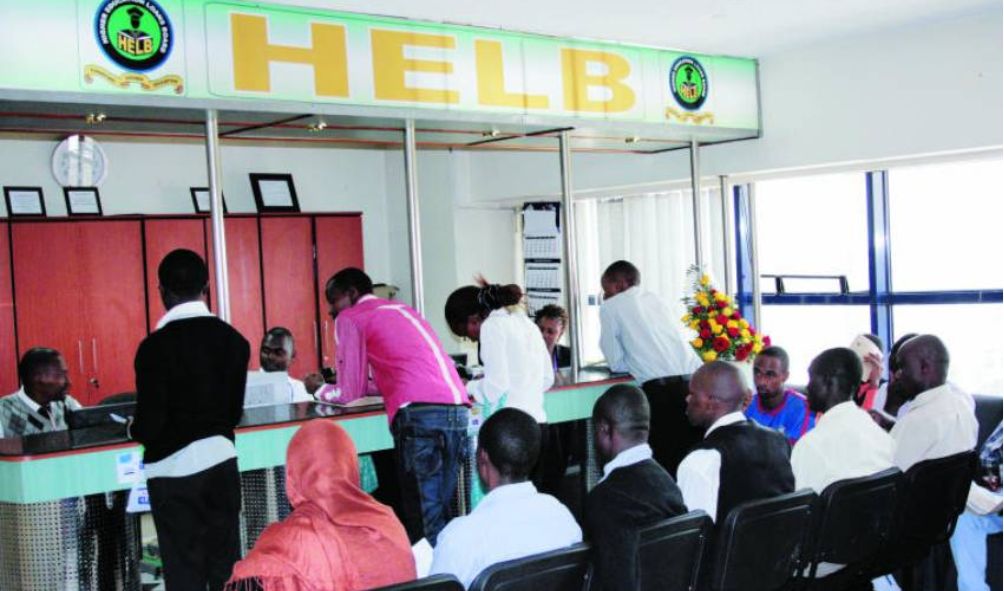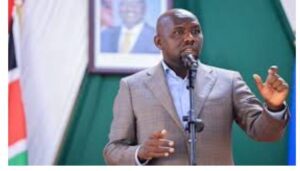Parliament moves to spare jobless graduates from paying interest on Helb loans

Parliament moves to amend Helb Act to spare jobless graduates from paying interest on loans until they secure employment
Parliament moves to amend Helb Act to spare jobless graduates from paying interest on loans until they secure employment.
A third attempt has been made to amend the Higher Education Loans Board Act of 1995 to exempt graduates and individuals with disabilities from paying interest on loans until they find their first job.
The Kenya Kwanza Alliance, which specifically committed to “restructure [Helb] to offer interest-free loans” in its Education Charter, is Joyce Kamene’s main source of support.
If the Bill is approved by Parliament, it would be a test for President William Ruto because his predecessor, Mr. Uhuru Kenyatta, repeatedly rejected efforts to change the Act on the grounds that they would undermine Helb’s viability as a revolving fund.
Dr. Ruto additionally pledged, while on the campaign trail last year, to turn student loans into grants.
One year after graduating, the recipients must begin making loan payments.
On average, they are given ten years to repay.
Ms Kamene’s Bill also seeks to lower the interest charged on student loans from four to three per cent.
Additionally, she suggests that the penalty for loan default be applied five years after obtaining work. Helb assesses defaulters a Sh5,000 monthly fine.
“The aim of these proposals is to reduce the financial burden on recent graduates who are expected to pay large sums of money to Helb even before securing employment or becoming financially stable,” Ms Kamene says in her memorandum of objects and reasons.
According to data from Helb, 125,609 beneficiaries have defaulted on loans amounting to Sh15.22 billion.
The total amount owed by the former students is over Sh60 billion.
The accrued debt is part of the reason why the board has cash-flow challenges that have at times seen students take to the streets over late disbursement of funds.
Helb CEO Charles Ringera recently revealed that over 140,000 students in universities and colleges are unfunded because of the cash crunch at Helb, which needs Sh5.7 billion.
Business community sues government over “Chinese infiltration into Kenyan market”
Rise in TVET enrollment as more students shun universities
Government advices civil servants to take side hustles amid salary delays
Past attempts to amend parts of Section 15 of the Principal Act have failed.
In 2015, then Kiharu MP Irungu Kang’ata proposed an amendment seeking to prevent Helb from charging penalties until a loanee had secured employment.
It was passed by Parliament but Mr Kenyatta declined to assent to it.
In 2020, a proposal by Igembe South MP John Paul Mwirigi that beneficiaries start repayment of their loans when they secure employment was rejected by the Departmental Committee on Education.
However, he proceeded with it and got it finally passed by the House last year.
However, in June, Mr Kenyatta did not assent to it and returned it to Parliament with reservations.
But since the 12th Parliament was in recess ahead of elections in August, the Bill lapsed.
Many employers especially in public sector require new employees to get clearance from Helb, a condition that has become difficult to meet as thousands of graduates are in default, owing to the high unemployment rate in the country.
The Bill comes at a time when former students reportedly owe Helb over Sh60 billion with some of the loans dating back to pre-Helb times.
Also read,
Nairobi tops Africa with highest fees at elite schools- Report
Government plans to introduce new deduction on hustler fund
Teachers want TSC to revise their teaching calendar
Audit reveals fake papers were used to get jobs in Parliament
Follow us






